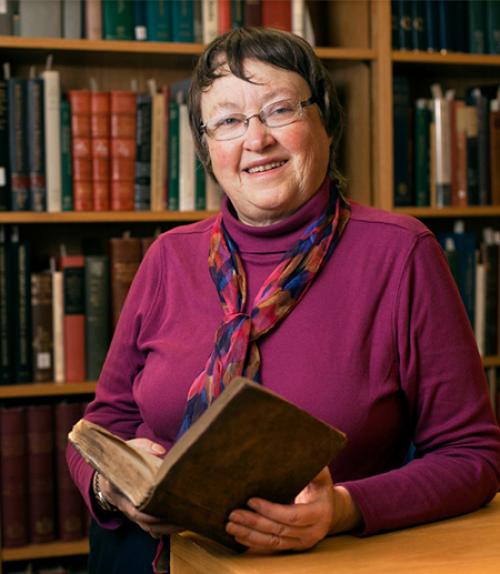
Norton on Bradstreet and Frost
"Two Poems and American History"
 Department Homepage
The College of Arts & Sciences
Department Homepage
The College of Arts & Sciences

"Two Poems and American History"
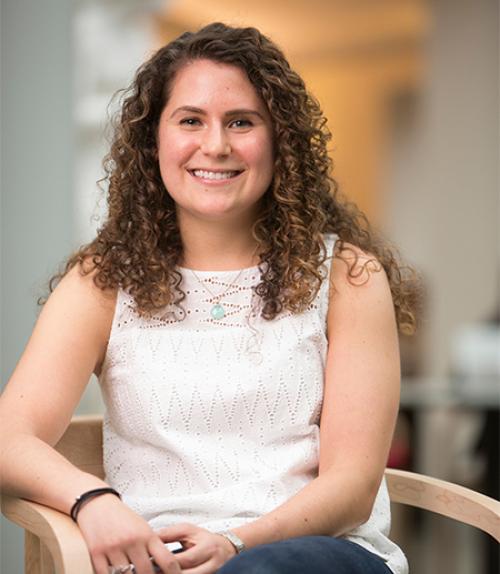
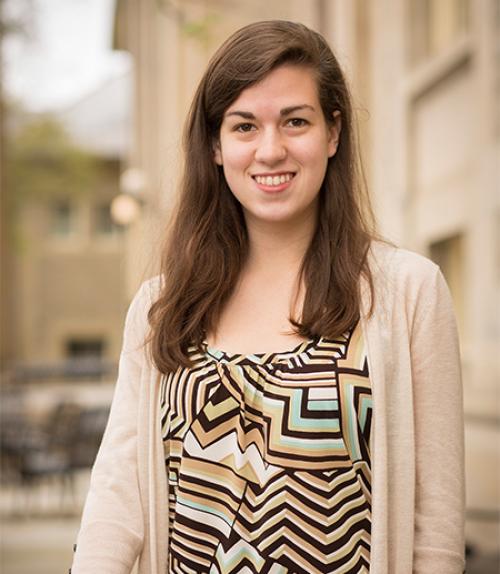
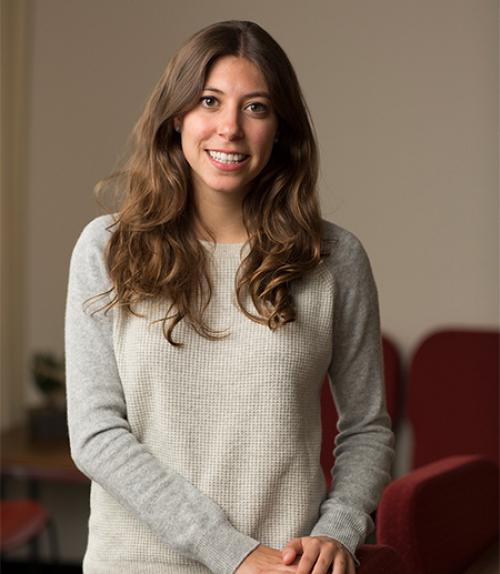

Some hidden Cornell treasures soon will be available to scholars around the world, thanks to the Cornell University Library and the College of Arts and Sciences’ Grants Program for Digital Collections, which this year awarded four grants.
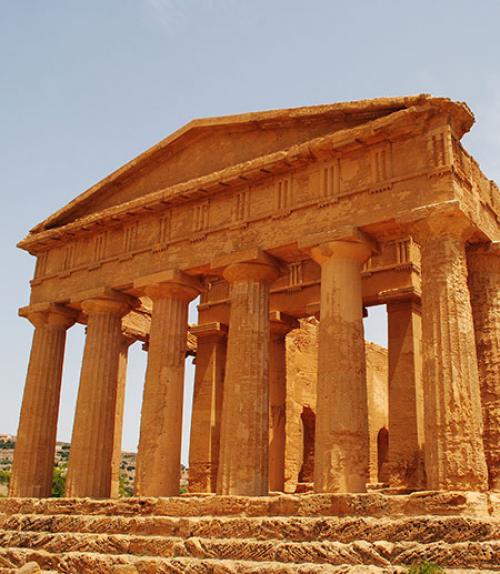
To understand the past – and, often, the present – we group people together, attributing the same characteristics to individuals in a group as we do to the group as a whole, especially when it comes to religion.Éric Rebillard challenges this approach in a new book, co-edited with Jörg Rüpke, titled “Group Identity and Religious Individuality in Late Antiquity.”

Mostafa Minawi,Cornell University assistant professor of history and director of the university’s Ottoman and Turkish Studies Initiative, says sending Syrian refugees to other Gulf countries because it is where they’d have a more ‘natural’ home makes the false assumption that race or ethnicity is more important than nationalisms.
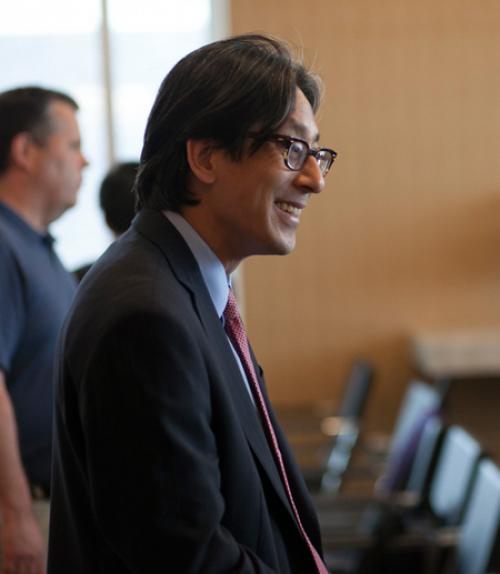
As Prof. Derek Chang, history and Asian American studies, sees it, race is at the heart of American society. For Chang, racial tensions underlie problems throughout American history.Focusing on black-white relations in the American south and Chinese-white relations on the West Coast, Chang said he looks for similarities and differences in the way different regions treat race.Read more about his work in this Cornell Daily Sun piece.

William Provine, the Andrew H. and James L. Tisch Distinguished University Professor Emeritus at Cornell, died Sept. 1 due to complications from a brain tumor at his home in Horseheads, New York. He was 73.Provine, a professor of the history of biology in the departments of History and Ecology and Evolutionary Biology, was born Feb. 19, 1942, in Nashville, Tennessee.
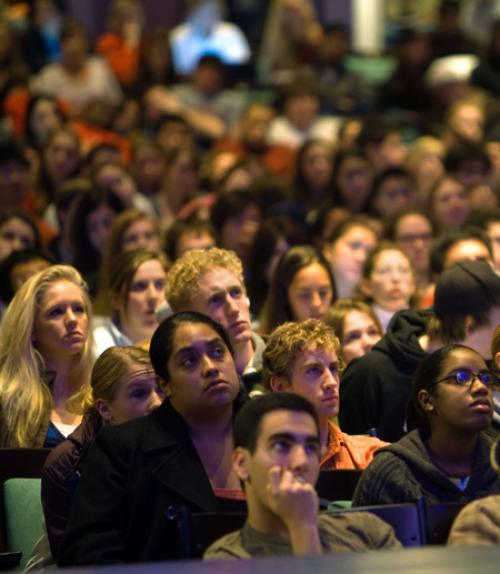
Edward Baptist, associate professor of history, writes about his experience teaching college students about slavery, in this piece in the New York Times magazine.
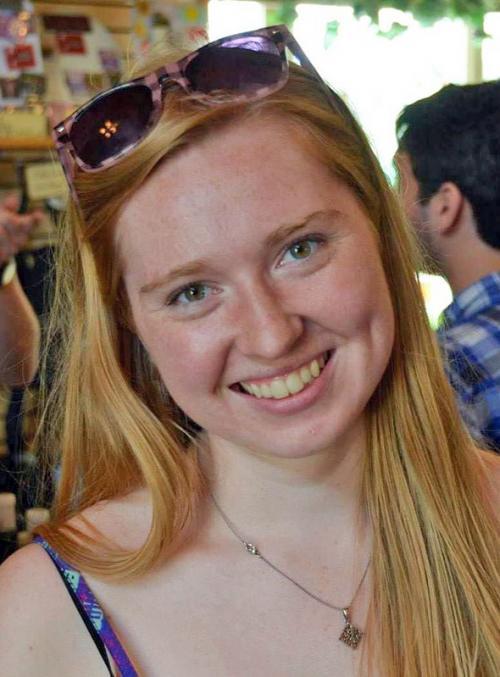
Rose Hanson '15
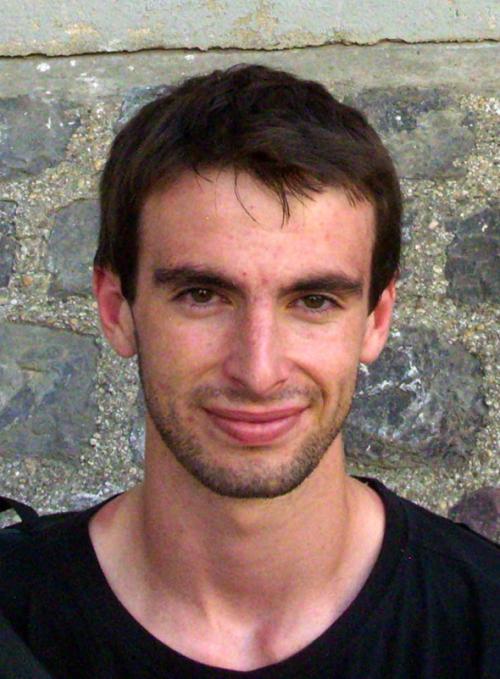
Daniel Waid Marshall '15
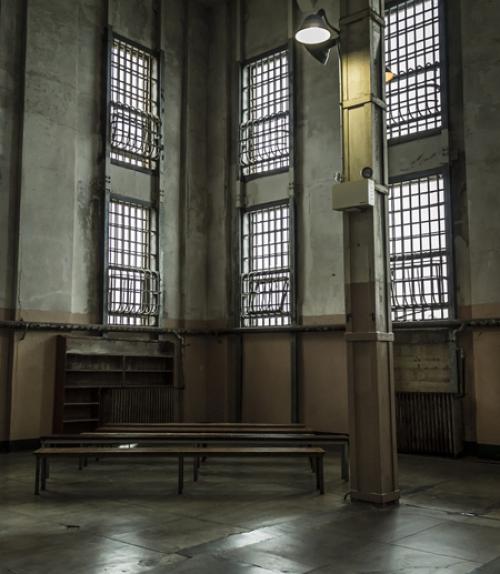
An interdisciplinary team of Cornell scholars is collaborating on a new project, The Causes, Consequence and Future of Mass Incarceration in the United States, supported by the Institute for the Social Sciences (ISS) and led by Peter Enns, associate professor of government.
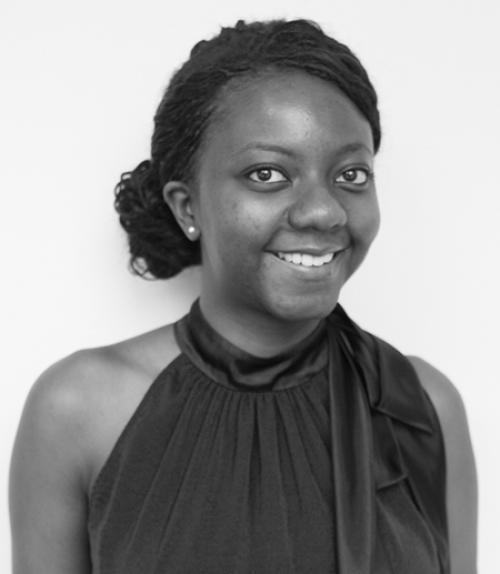
In the last few years, Jaz Nsubuga ’11 has become an expert on the following:
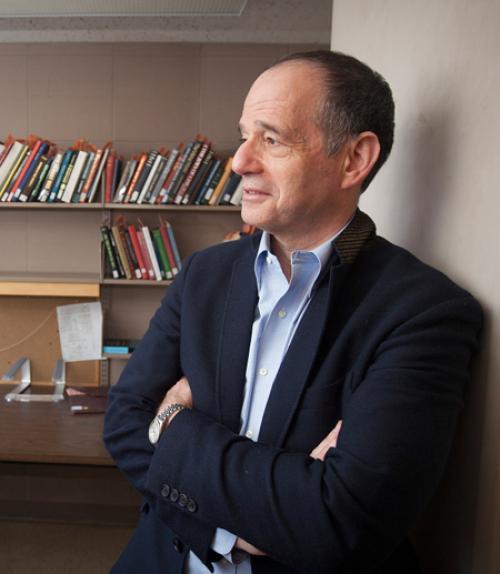
Barry Strauss, military historian, prolific author, and chair of the Department of History at Cornell University, says U.S. military action in Syria carries high risks and shouldn’t be pursued.
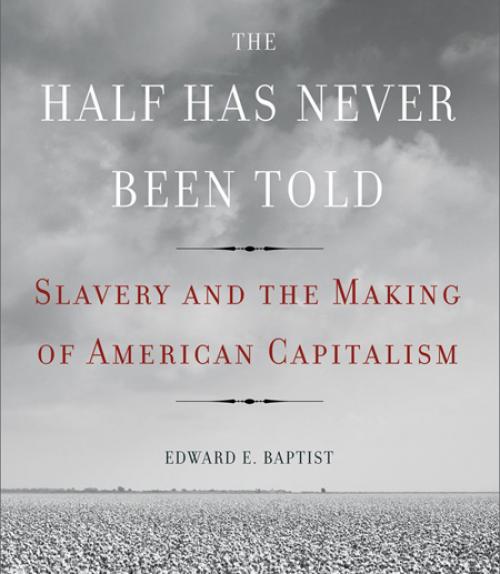
Edward E. Baptist, associate professor of history, discussed slavery’s continued legacy in American social and political structures at a Tuesday talk titled “Abolitionism, Modern ‘Anti-Slavery’ and #BlackLivesMatter,” and covered in this Cornell Daily Sun story.
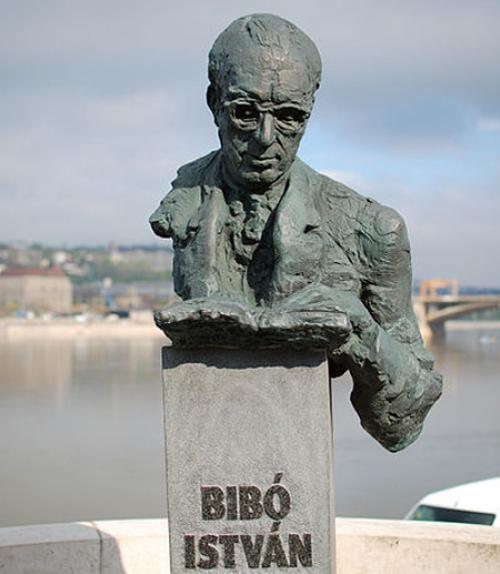
Holly Case, associate professor of history, writes this piece in Dissent Magazine about Hungarian thinker and former statesman, István Bibó.Case is the author of Between States: The Transylvanian Question and the European Idea During World War II (Stanford University Press, 2009).
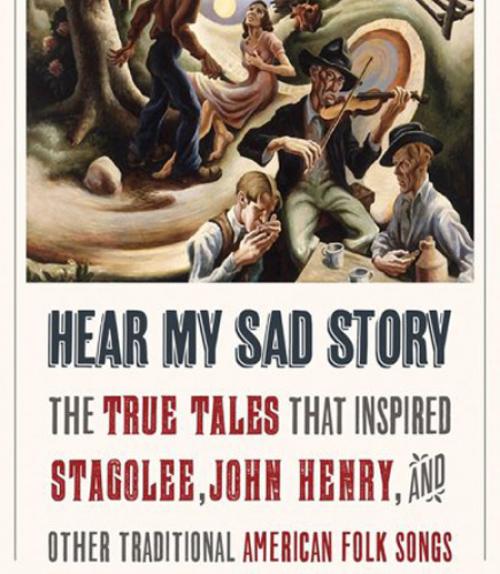
In January of 2016, Marie Underhill Noll Professor of History Emeritus Richard Polenberg will be releasing his book Hear My Sad Story: The True Tales That Inspired "Stagolee," "John Henry," and Other Traditional American Folk Songs.

An A&S senior says her classes, professors, and friends have taught her to welcome challenges and to think critically.
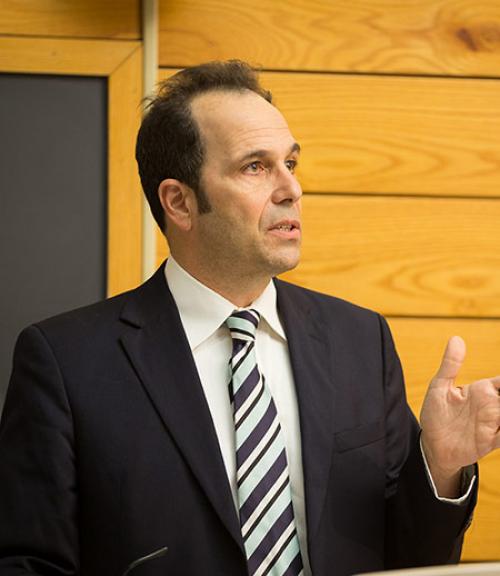
In the 1994 Rwandan genocide, neighbors killed lifelong neighbors, husbands killed wives and parents killed children. It was an intimate conflict, according to Philip Gourevitch ’86, staff writer for The New Yorker and an experienced reporter on the Rwandan genocide.
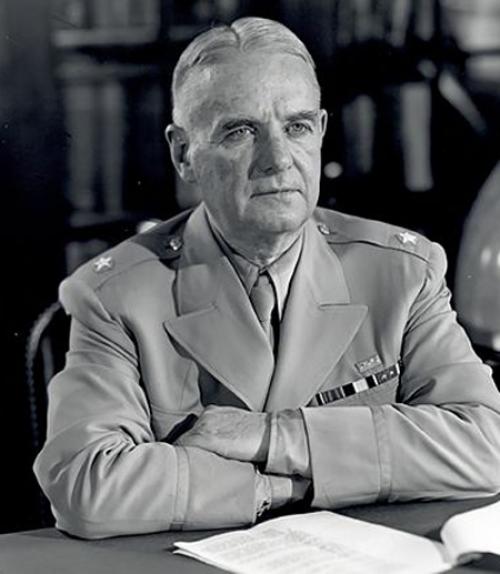
In the summer of 1998, Henry Korn '68 got a phone call from a young lawyer and fellow Cornellian that changed his life.
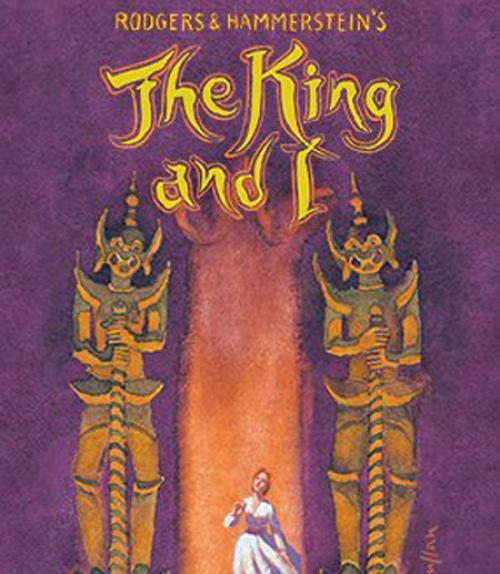
A group of sleepy students tumbled out of bed early one Saturday morning in April 2015 to board a bus with me from Ithaca to New York City’s renowned Lincoln Center Theatre.
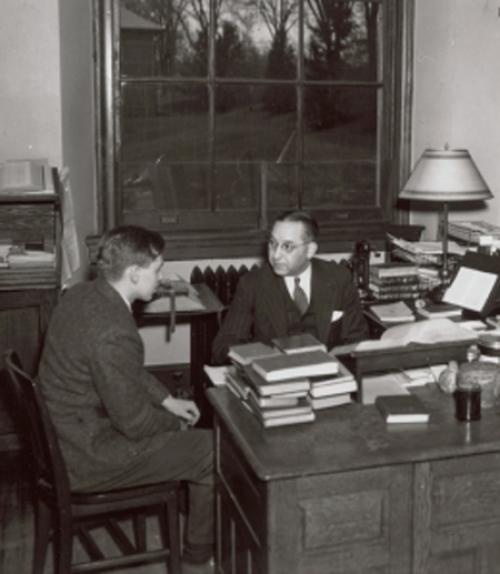
This spring marks the 100th anniversary of Harry Caplan’s graduation from Cornell. After receiving his doctorate, Caplan, Class of 1916, M.A. ’17, Ph.D. ’21, joined the faculty and over a nearly 50-year career as a professor of classics became one of Cornell’s most beloved and inspiring teachers.

The College, the ILR school and other partners at Cornell will examine the nature of capitalism through conferences, digital archives, a proposed minor and other new initiatives.